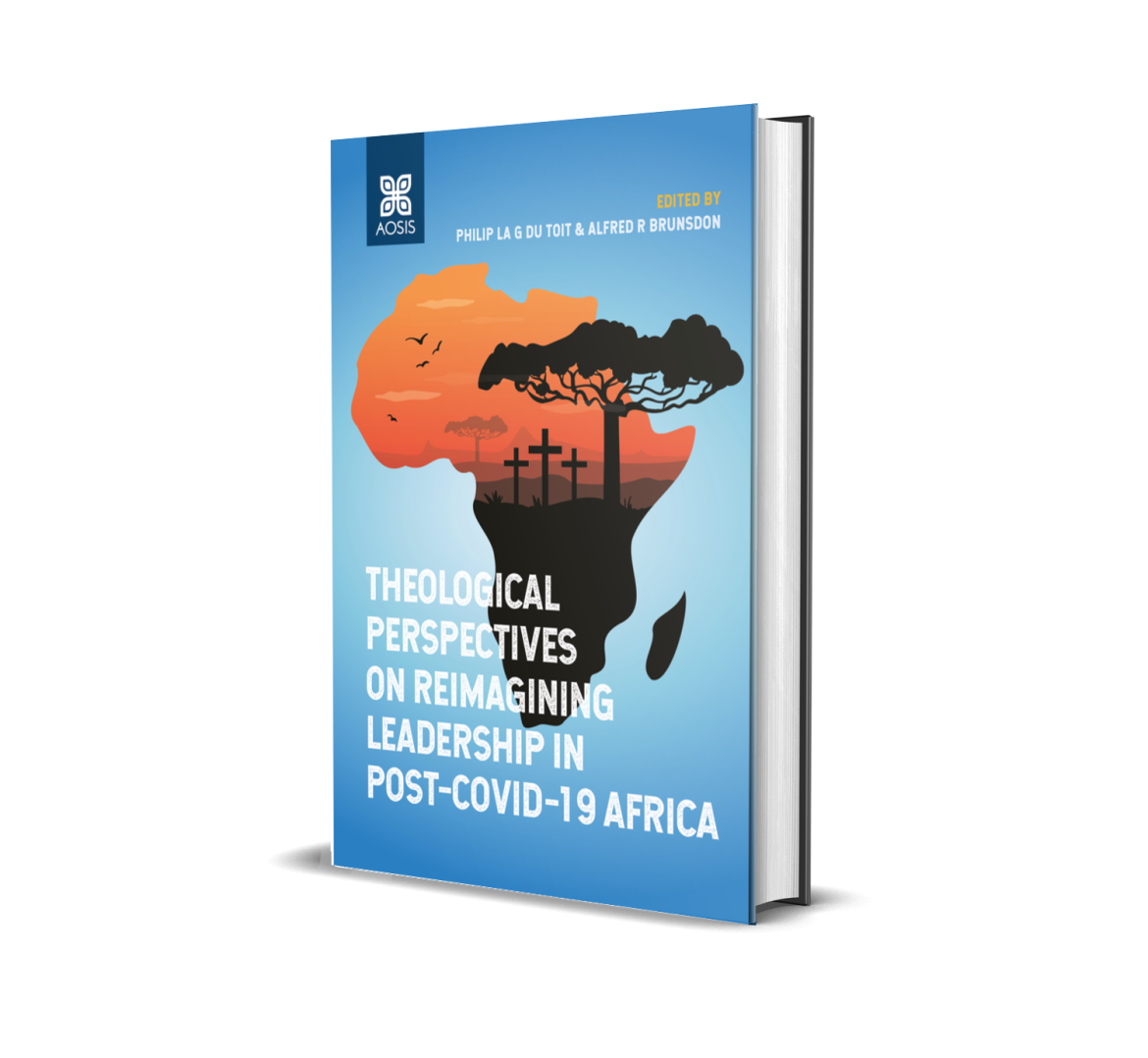Theological perspectives on re-imagining leadership in post-COVID-19 Africa is an open-access book published by AOSIS Scholarly Books. Post-coronavirus disease 2019 (COVID-19) realities are challenging leaders in all spheres of society in many ways. From the onset of the pandemic, leaders on every level were challenged to provide appropriate guidance in the face of new and adverse realities. From the micro level of local congregations to the macro level of national governments, leaders were required to provide the type of leadership that would not only address immediate obstacles but simultaneously be visionary in the face of uncertainties that became the hallmark of post COVID-19 society. In this book, Theological perspectives on re-imagining leadership in post-COVID-19 Africa, the authors reflect on leadership in a post-COVID-19 society from bibliological, practical, theological, missiological and ethical perspectives. Although the authors have the global village in mind, the focus leans towards the African context. The book aims to contribute meaningfully to a much-needed and re-imagined vision of leaders which fits post-COVID-19 societies.
Copyright (c) 2023 Philip La Grange Du Toit, Alfred R Brunsdon (Volume editor)
In this scholarly book, we find the contributions of Old and New Testament scholars, practical theologians, missiologists and systematic theologians who reflect on the challenges facing leadership in post-COVID-19 Africa. This book stems from a multidisciplinary study of leadership by authors from diverse backgrounds and institutions. As the authors posit in their book, ethical and moral leadership remains one of the most important assets that humanity may need to succeed in the face of the many challenges the continent faces. African leadership is in crisis, which exacerbates many of the challenges Africans are facing, including poverty, corruption, poor service delivery and inequality, all of which have been further amplified by the COVID-19 pandemic. In this book, the authors present a variety of perspectives on ethical and moral leadership, and this assessment can be viewed as complementary. The authors propose a servant-based leadership approach to these challenges, where others’ interests must precede self-interest and everyone treated equally. The servant-based leadership approach put forward in this scholarly book includes fairness and virtue, with a God-centred focus and lives characterised by the indwelling of Christ.
Prof. Ian Nell, Department of Practical Theology and Missiology,
Faculty of Theology, Stellenbosch University, Stellenbosch, South Africa

